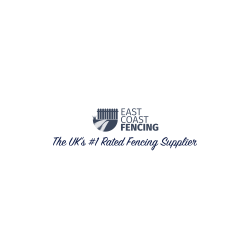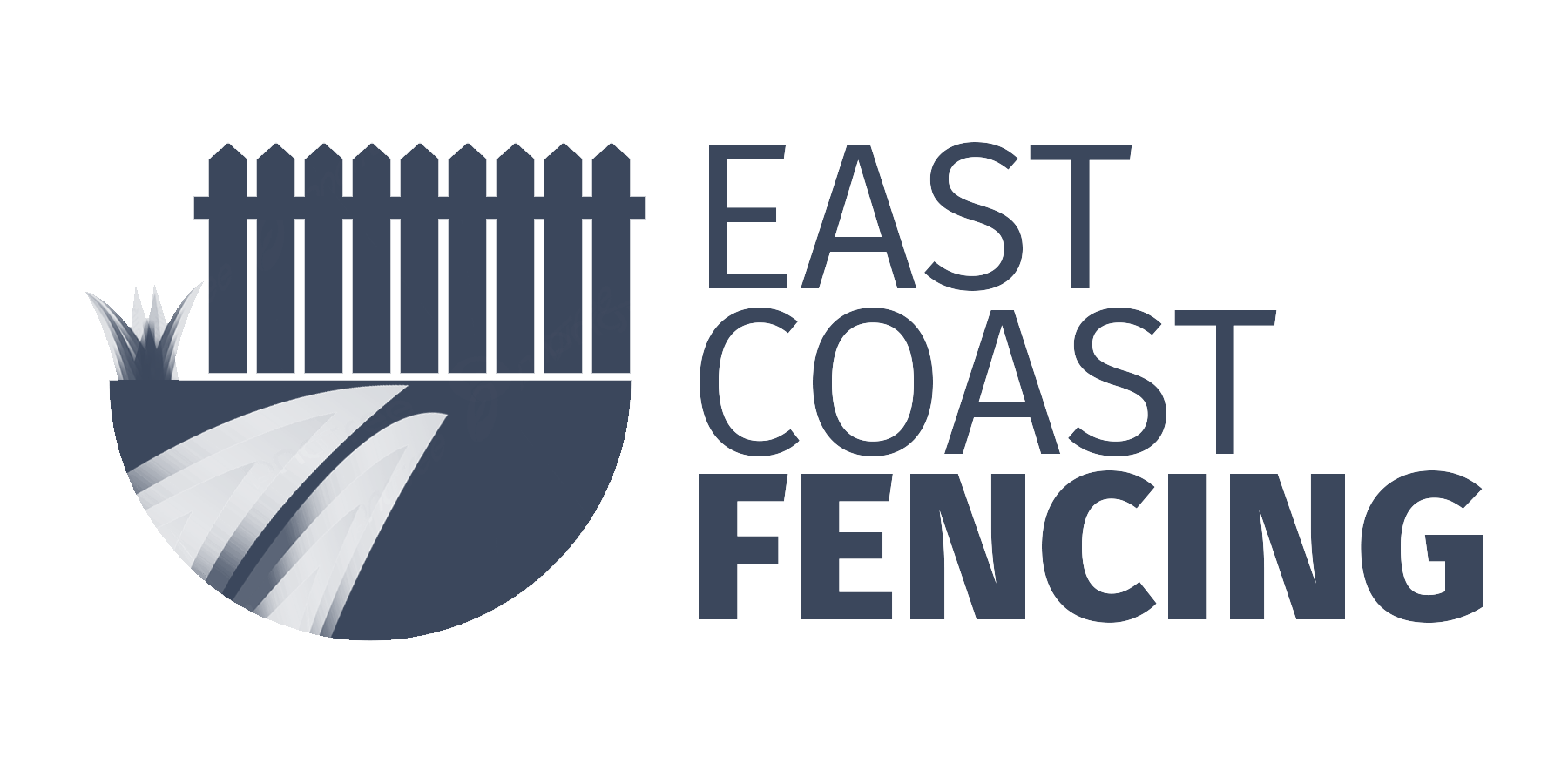Which Fence Style Is Best? Discover the Perfect Option for Your Garden

Choosing the right fence for your garden not only enhances its aesthetic but also serves practical purposes such as ensuring privacy, security, and even soundproofing. With an array of styles available, selecting the one that perfectly complements your garden and meets your needs can be a bit of a challenge. In this comprehensive guide, we explore various fence styles to help you determine the best fit for your outdoor sanctuary.
1. Wooden Fencing
Pros:
- Aesthetic Appeal: Wooden fences offer a timeless look that can seamlessly blend with most garden styles, from traditional English gardens to more contemporary spaces.
- Versatility: Available in a variety of designs including picket, panel, and slatted, wooden fencing can be customised with stains or paints.
Cons:
- Maintenance: Wood is prone to warping, rotting, and insect infestation, requiring regular maintenance.
- Durability: It may not be as long-lasting as other materials unless treated and maintained properly.
2. Vinyl Fencing
Pros:
- Low Maintenance: Vinyl fencing is weather-resistant, does not rot, and is easy to clean, needing only occasional washing to keep it looking new.
- Durability: It's a long-lasting option that doesn't fade or crack easily over time.
Cons:
- Cost: Initial installation costs for vinyl fencing can be higher than other materials.
- Limited Aesthetics: While improvements have been made, some styles can still look synthetic and may not have the natural appeal of wood.
3. Wrought Iron Fencing
Pros:
- Durability: Wrought iron is incredibly durable and can withstand harsh weather conditions.
- Security: Its strength and height options make it an excellent choice for security purposes.
Cons:
- Maintenance: Requires rust protection and periodic painting.
- Cost: Wrought iron fencing is generally more expensive than other types due to its material and craftsmanship.
4. Chain Link Fencing
Pros:
- Affordability: One of the most cost-effective fencing options available.
- Durability: Provides a durable fencing solution with minimal maintenance needs.
Cons:
- Aesthetic: Offers little in terms of privacy and aesthetic appeal without the addition of privacy slats or plants.
- Security: Although sturdy, it's not the most secure fencing option as it can be climbed.
5. Composite Fencing
Pros:
- Eco-Friendly: Made from recycled materials, composite fencing is an environmentally friendly option.
- Aesthetics & Maintenance: Offers the look of wood without the maintenance, as it doesn't require staining or painting.
Cons:
- Cost: It’s often more expensive than traditional wood, albeit with less upkeep.
- Installation: Can be more complex to install, potentially increasing labour costs.
6. Bamboo Fencing
Pros:
- Eco-Friendliness: Bamboo is a highly renewable resource, making it an excellent option for those looking for sustainable materials.
- Aesthetic Appeal: Provides a unique, natural look that can add warmth and character to a garden.
Cons:
- Durability: While certain types of bamboo can be quite durable, it generally does not last as long as other fencing materials and may require treatment against moisture and insects.
Considerations for Choosing the Right Fence
When deciding on the ideal fence for your garden, consider the following factors:
- Purpose: Determine whether your primary need is for privacy, security, aesthetics, or something else.
- Maintenance: Evaluate how much time and effort you are willing to invest in maintaining your fence.
- Budget: Be realistic about your budget, not only considering the initial cost but also long-term maintenance expenses.
- Climate: Choose materials that can withstand your local climate conditions to ensure the longevity of your fence.
Conclusion
Selecting the right fence style for your garden is a decision that requires careful consideration of your specific needs, preferences, and conditions. Whether you value privacy, security, aesthetics, or sustainability, there’s a fencing option out there that’s perfect for your garden. By weighing the pros and cons of each material and style, you can make an informed choice that enhances the beauty and functionality of your outdoor space for years to come.














Leave a Comment